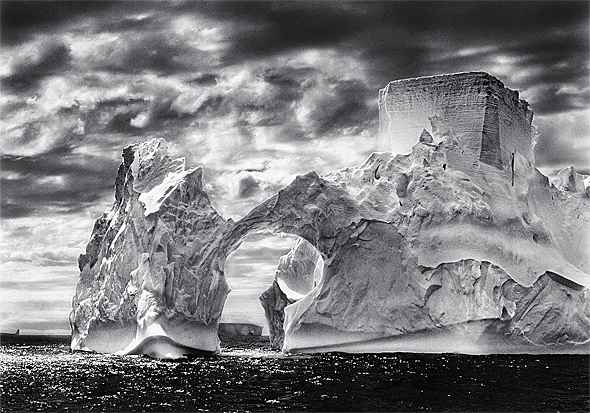Sebastião Salgado: A Journey Through Human Experience

Introduction to Sebastião Salgado
Renowned Brazilian photographer Sebastião Salgado has had an indelible impact on the field of photography through his powerful imagery and storytelling. His work captures the human condition and showcases significant social and environmental issues, making him one of the most influential photographers of our time. As he continues to evolve as an artist, Salgado’s works remain highly relevant in today’s socio-political climate, urging discussions on climate change, migration, and the experiences of marginalized communities.
Career Highlights
Salgado began his career in the 1970s with a focus on documentary photography. He first gained global recognition with his series Workers, which depicted the world of manual labourers in various industries across multiple countries. This work promoted awareness of the struggles faced by workers and gave a voice to those often overlooked in society.
In the following years, Salgado continued to document pressing global issues. His acclaimed project Genesis took over eight years to complete and presented the unspoiled beauty of the natural world. Through stunning black-and-white images, he depicted the impact of industrialisation and the degradation of the environment, igniting discussions on conservation and climate activism.
Recent Developments and Exhibitions
Recently, Salgado’s work has continued to gain recognition, with exhibitions around the world showcasing his powerful pieces. In 2023, the Royal Academy of Arts in London hosted a major exhibition titled Salgado: The Journey of Life, displaying a comprehensive collection of his photographs. This exhibition highlighted his dedication to social issues, guiding audiences through his visual narratives on global crises, biodiversity, and humanitarian work.
Significance and Impact
Salgado’s photography transcends visual art; it educates and inspires action. His uncanny ability to communicate deep human emotions and social injustices resonates with viewers globally. As climate change remains a pressing issue, his career encourages the new generation of photographers to use their craft as a tool for advocacy and change.
Conclusion
Sebastião Salgado’s photography serves not only as art but as a mirror reflecting the world’s challenges and storytelling. As he continues to evolve, his work remains a salient reminder of the power of visual media in galvanising social change and fostering deeper understanding among people worldwide. For those interested in photography, art, or social issues, Salgado’s journey offers invaluable insights into the role of an artist in contemporary society.







